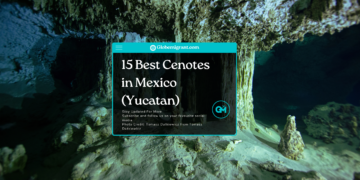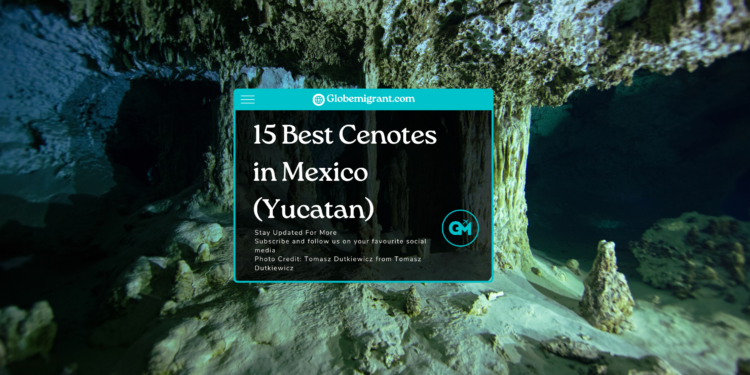In this post, I’ll list the 15 Best Cenotes in Mexico (Yucatan) you won’t want to miss. A surprising number of visitors to Mexico’s Yucatan Peninsula never experience its most outstanding natural feature: cenotes.
This Article is Free for Subscribers
Access 2000+ premium insights, visa updates, and global lifestyle stories all in one place. <div> For Subscribers, Login here
Login if you have purchased



































